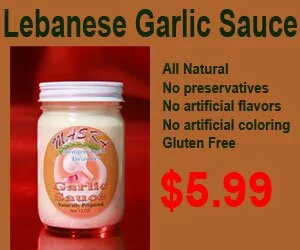Beyond blogging: Teaching real journalism to younger wine writers
This article, from a South African wine website, says how the South African National Wine Show Association (of which the U.S. or California does not seem to have an equivalent) came up with a new contest, the Young Wine Writers Competition, “to enhance the art and importance of high quality wine journalism.”
I wish we in the States could do the same thing. It is true that we have the American Wine Blog Awards, which has its place, and has become (by virtue of being the first and only) the most important wine competition in the country. But that particular contest does nothing to enhance “high quality wine journalism.” That is its chief failure.
In order to avoid this failure, the South African Young Wine Writers Competition has two rigorous rules:
1. Writers must submit “an 800 word article…on one of the following subjects: (a) the role of wine in everyday life OR (b) describe the difference between wines to be enjoyed as ‘quaffers’ and wines that do justice to certain cuisines.”
2. Submit “a blog post of 300 words about the most unusual wine the writer has ever tasted.”
What great challenges for young writers! I wonder how many of today’s American wine bloggers, including some of the most famous, have ever written 800 words on an assigned topic–long-form journalism that requires critical thinking and writing skills, as opposed to a 140-character tweet or slapdash blog post? Such a test in extended writing is more in line with competitions like the Master Sommelier or Master of Wine than the Wine Blog Awards, where a popular vote weighs heavily in the results.
If you have to write 800 words on a topic that will be judged by professional writers, they’d better be 800 pretty good words! For that matter, try writing 1500 words or 2000 words on a specific topic–or a book that’s not some piece of junk no one will care about 15 minutes from now. Those things require journalism, and underlie a wine writer’s true worth.
Good writing consists of correct grammar and syntax, complex layering of sentences and paragraphs, a gradual buildup of tension until the final point has been achieved, and, of course, a tantalizing introduction (to stimulate people to continue reading) and a satisfying conclusion. All that, in addition to a mastery of the subject matter, and having an actual point to make! The trouble with the quick and dirty style of blog writing is that all too often it seems pointless–mere observations or scattered impressions, thrown willy-nilly onto the page, with no organization or intellectual point of view worth the reader’s attention.
Wine journalism, like all journalism, is important only if it maintains high standards of integrity, knowledgeability, factual accuracy and educational value. Yes, there’s a place for lighter-style writing a la People Magazine, but would we ever want People to replace a real newspaper or professional broadcast news program? I don’t think so. For the wine industry and culture, professional wine journalism has been its bloodstream for two centuries, maybe longer depending on how you measure it. With the advent on online writing–its ease and availability for everyone to instantaneously publish to the world–the quality of wine writing has been sinking. How many wine blogs can you say engage in authentic journalism?
So kudos to the South Africans. They at least understand the importance of longer-form writing. Is there some way we can come up with a similar competition here in America, or in California? I’d be willing to lend a hand to its organizing.








